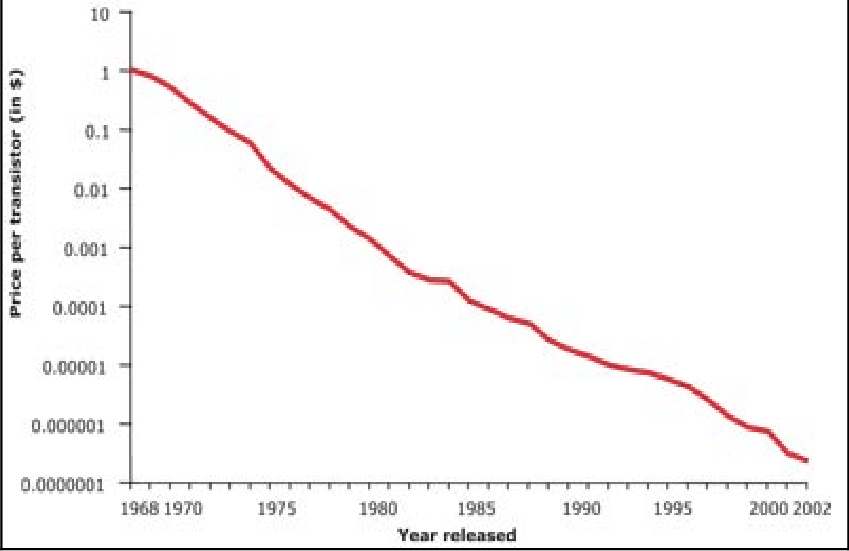Don't forgot you're going back in time... then coming back to the present
If my understanding of the question is correct, the aim is to be able to have/afford a house in present day but only pay $15,000 for it, or at least pay as little as possible, and you have access to a time machine of some sort that can take you back 50 years, I'm not sure if that's only 50 years or it can do more or less as well. but I digress, if that is the case
Although Gold is worth a lot less dollars 50 years ago, due to inflation of the Dollar not value of Gold. it is still the most hassle free way to transport wealth back in time. It's how you use it that counts
So Today Gold is roughly 1200 Dollars an ounce, and back in 1968 it was roughly 290 Dollars an ounce, so if you were to buy 12,000 Dollars worth of Gold today, you'd have roughly 2900 Dollars in 1968, not great but... as others have suggested, you can get old money now, you might have to pay twice as much for it, but if nothing else you know Gold is going to be worth 4x what it was worth then, so spend as much money now to get the old bills, go back and spend all that money on Gold then bring it back and sell it...
Alternately...
Why buy a house? Buy Shares!!!
In theory, you could buy $10,000 worth of gold today go back in time and then sell that and place the money into stocks that you know full well will mature well over time. you may only be able to but a few different stocks but buy a few here and there and as they mature they split doubling your amount, then have dividends placed into a couple savings accounts. this is important as account that don't get accessed every few years get flagged for checking, and if they don't get used after this then they can be closed, the money would still be owed to you but the interest rates would no longer pay out, so simply having some letters put in with a lawyer, which they will send every couple of years to transfer some money between the accounts should see you fine right up until about 2001, when banks security changed and you would have to go in to do things like this, (be aware that some small town banks still to this day will make transactions by letter)
The dividends are paid on say (Very low estimate) 10 cents a share and that is usually paid 4 times a year (this changes with certain companies and requires them to always make a profit, but lets assume you did your research and knew this would happen) so 40 cents a year, for 50 years is 2000 cents, 20 dollars! yay... OK so not that much, but that's only for one share, so owning say 200 shares in company X would net you, $4,000 not bad return so far, but still not made your money back until you sell the shares. but!!! as a company matures over time they often split their shares, Microsoft for example has split their shares 9 times since 1986 to maintain a reasonable trading range
So if that were the case then those 200 shares would be if split however many times your chosen company splits (it's all in the research before you go)
No Split: 200 Shares = $4,000
1 split: 400 Shares = $8,000
2 Split: 800 Shares = $16,000
3 split: 1600 Shares = $32,000
4 Split: 3200 Shares = $64,000
etc, you see how this is going, there's no point buying the house back then when you can buy a much bigger house in the present, and that's not even taking compound interest into account, and this is only the dividend money, not the value of the shares themselves
One very simple way of getting round this is if you can go back more than once, $10,000 worth of stocks in 1968, and that would net a huge amount over time in dividend payouts, Go back in 1984, and invest in Red Bull, this would increase the divided payouts even more... then go back in 2000, take those divided payouts and invest in Apple or Microsoft, then come back to the present, you wouldn't have changed much in terms of human history (let's just ignore chaos theory for this) and yet, if you take inflation, and even some very low estimates the dividend payouts alone would make you a multi millionaire

